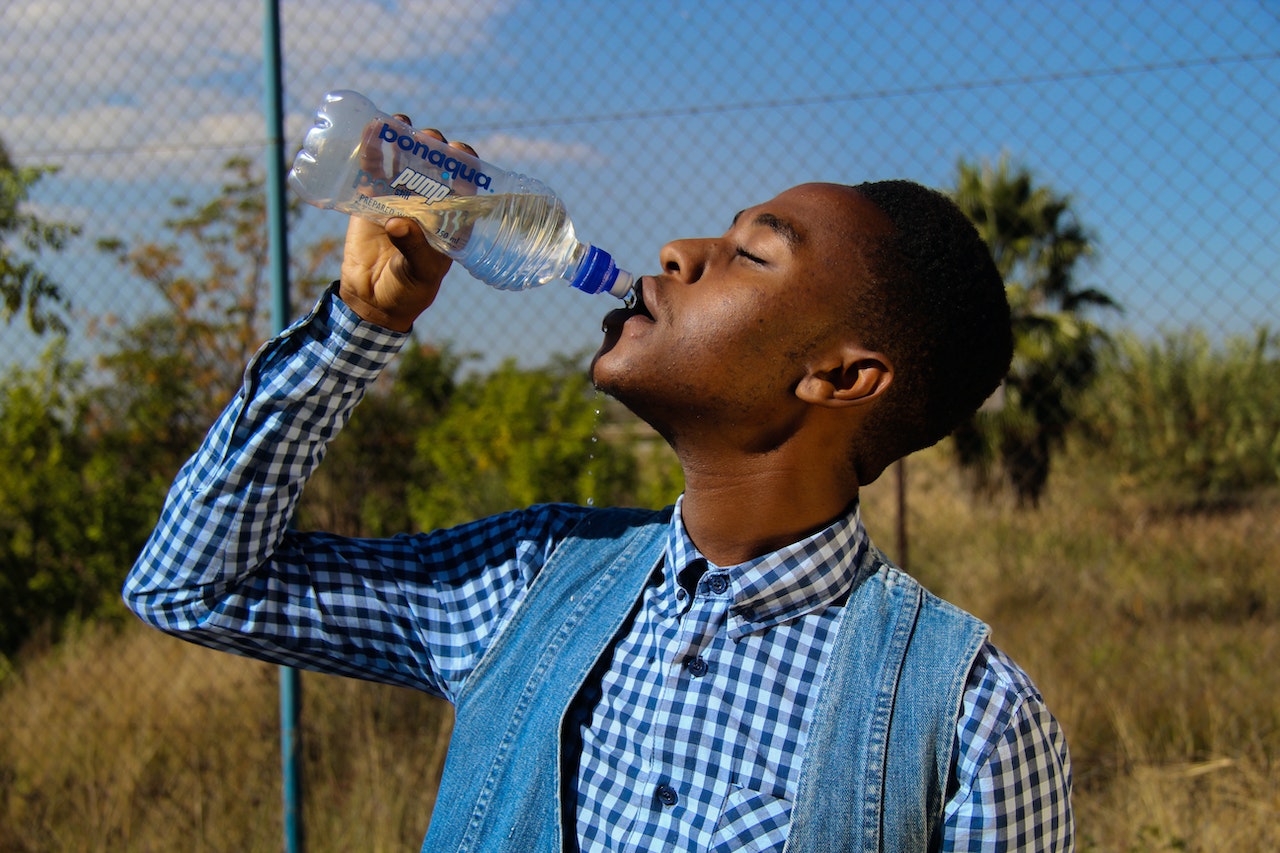A recent study has linked environmental toxins to poor-quality sperm, leading to concerns about the impact of toxins on male fertility. The study found that common chemicals in plastics, including bisphenol A (BPA) and phthalates, can reduce the quality and quantity of sperm in men.
The study, which was published in the journal Environmental Health Perspectives, analyzed the sperm quality of 501 men and found that those with higher levels of BPA and phthalates in their urine had lower sperm concentrations, lower sperm motility, and lower sperm morphology. These findings suggest that environmental toxins may contribute to the decline in male fertility observed in recent decades.
Table of Contents
What Are Environmental Toxins?
Environmental toxins are chemicals found in the air, water, and soil, as well as in our food and consumer products. These toxins can have harmful effects on human health, including reproductive health.
BPA and phthalates are two examples of environmental toxins in many consumer products. BPA is a chemical that produces polycarbonate plastics in water bottles, food containers, and other products. Phthalates are a group of chemicals used in the production of plastics and personal care products, such as lotions and shampoos.
The Impact of Environmental Toxins on Male Fertility
The impact of environmental toxins on male fertility has been a topic of concern for many years. Studies have shown that exposure to environmental toxins can reduce sperm counts, decrease sperm motility, and affect sperm morphology.
BPA, in particular, has been linked to poor sperm quality in several studies. One study found that men with higher levels of BPA in their urine had lower sperm counts and sperm motility. Another study found that BPA exposure was associated with a decrease in sperm concentration and an increase in sperm DNA damage.
Phthalates have also been linked to poor sperm quality. A study published in the journal Human Reproduction found that men with higher levels of phthalates in their urine had lower sperm concentrations and sperm motility.
The mechanisms by which these environmental toxins affect sperm quality are not fully understood. However, these toxins are believed to interfere with the production and function of hormones important for male reproductive health.
What Can You Do to Reduce Your Exposure to Environmental Toxins?
Reducing your exposure to environmental toxins can help to protect your reproductive health. Here are some tips to help you reduce your exposure to environmental toxins:
1. Use Glass or Stainless Steel Water Bottles
To reduce your exposure to BPA, consider using glass or stainless steel water bottles instead of plastic ones.
2. Choose Natural Personal Care Products
Many personal care products contain phthalates. To reduce exposure to these chemicals, choose natural personal care products that do not contain phthalates.
3. Eat Organic Foods
Pesticides and other chemicals used in the production of non-organic foods can contribute to your exposure to environmental toxins. Eating organic foods can help to reduce your exposure to these toxins.
4. Avoid Plastics When Possible
To reduce your exposure to environmental toxins, avoid using plastic containers, especially those not labeled as BPA-free.
5. Wash Your Hands Frequently
Washing your hands frequently can help to reduce your exposure to environmental toxins that may be present on surfaces that you come into contact with.
6. Use Zeolite for Full Body Cleanse
Zeolite is a naturally occurring volcanic mineral that can absorb and remove heavy metals and toxins from water. It works by trapping the toxins in its microscopic structure and preventing them from entering our bodies. Zeolite can also absorb and neutralize chlorine and other chemicals often used to purify water.
To use zeolite for detoxing water bottles, simply fill the bottle with water and add a few tablespoons of zeolite powder. Allow the mixture to sit for at least 30 minutes before drinking. The zeolite will bind to the toxins and remove them from the water, leaving it safe to drink.
The amount of zeolite needed to detox a water bottle depends on the bottle size and how much water you’re trying to detox. Generally, a teaspoon of zeolite powder is enough for a standard 16-ounce water bottle. For larger bottles, you may need to use more zeolite.
My Final Thoughts on the Impact of Water Bottle Toxins
The impact of environmental toxins on male fertility is a growing concern. Reducing exposure to environmental toxins can be challenging, but there are steps that individuals can take to protect their reproductive health. By following the steps above, especially using Zeolite healthy supplements, you can avoid fertility issues and enjoy cleaner water.
Are you looking for the best zeolite supplement online? Look no further than Zeolite For Detox! We offer the highest quality, all-natural zeolite supplement on the market. Our zeolite supplement is made from pure, natural zeolite sourced from the highest quality sources. Try our zeolite supplement today and experience the amazing benefits of this powerful mineral!
Recent Posts
You love watching your little one grow and learn new things every day, but early signs of speech delay can sometimes go unnoticed. Observing your toddler's developmental milestones is crucial in...
Zeolite, a volcanic mineral known for its detoxification properties, is gaining popularity in the health industry. Parents often wonder if it is safe and effective for their children. In this...

